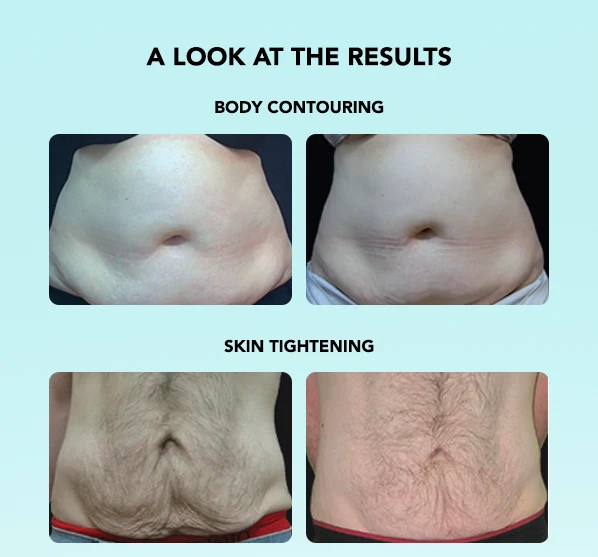When it comes to achieving your weight loss goals, there are several factors that can affect your ability to lose weight. Learn more about these factors and how hormone replacement therapy can help. For more information or to schedule an appointment, contact Rocky Mountain Hormone and Weight Loss Clinic in the Denver Metro area.
Genetics
Researchers are finding that individuals are at a greater risk for being overweight if one or both of their parents is overweight or obese. This indicates that there could be a genetic factor that affects how a person’s body retains fat, as well as where it is stored on the body.
Ethnicity
Of Americans who are overweight or obese, the highest percentage of those are African American, followed by Latinos, then Caucasians. This suggests that race and ethnicity also play a part in the likelihood that someone is predisposed to carrying extra weight.
Furthermore, even individuals who are at the lowest risk for obesity — like Asian Americans — can still be at risk for obesity-related diseases if they have an unhealthy amount of fat being stored in their abdomen.
Age
 As a person ages, they are more likely to start gaining weight. This is due to the metabolism slowing down, as well as a decrease in different hormones in the body.
As a person ages, they are more likely to start gaining weight. This is due to the metabolism slowing down, as well as a decrease in different hormones in the body.
For this reason, older adults who are struggling to maintain or lose weight could be great candidates for hormone replacement therapy.
Sex
Research has shown that African American or Hispanic women are likely to be more overweight than men of the same ethnicity. Women in general are predisposed to gain more weight than men, carrying it more in their hips and buttocks.
However, men can still be at risk of obesity due to other factors. Men tend to build up fat deposits in their abdomen — a location that’s connected to an increased risk of other health problems and diseases.
Diet
Most people are aware of this, but it bears repeating: individuals who consume food and beverages high in calories, sugar, and fat are more likely to be overweight. Beverages especially can have a high sugar content, increasing the likelihood of obesity.
Physical Activity
Another common factor that contributes to weight gain and obesity is the level of physical activity an individual performs. Those who spend most of their time sitting or lying down are much more likely to be overweight, as well as those who do not perform much physical activity, like walking, running, or working out.
Socioeconomics
Where you live, work, and spend your free time all contribute to your health and weight. Those who live in an area with several grocery stores are more likely to have better access to healthy foods, while those who live closer to gas stations or convenience stores may only have access to foods high in preservatives, sugar, fat, and calories.
People who live close to parks and open green spaces are more likely to enjoy physical activities outside to maintain or lower their weight, while those stuck in urban, developed areas with little access to gyms are more likely to limit their physical activities.
Workplaces and places of worship also play a factor in an individual’s health and weight. A workplace with a lot of vending machines, special events, or a cafeteria can also contribute to weight gain if an individual only has access to high-calorie, sugar, or fat foods or limited access to healthy food options.
Culture
The culture a person grows up in can also affect their ability to maintain a healthy weight. Individuals who come from families that eat foods high in fat, salt, preservatives, and sugar can have a harder time breaking away from those eating habits. Some cultures also fry a lot of food, which leads to a higher-calorie diet.
Lack Of Sleep
People who don’t get enough sleep tend to fight their fatigue with more food and beverages. This leads to a higher-calorie diet that contributes to weight gain.
A hormone imbalance could be the cause of lethargy and lack of sleep, too. Hormone replacement therapy is a great option for those who can’t get enough sleep because they’re restless.
Other factors that contribute to weight issues include medical conditions, medications, and stress. A hormone imbalance could also be the cause of weight gain and other uncomfortable symptoms. For help with weight loss and hormone replacement therapy, contact Rocky Mountain Hormone and Weight Loss Clinic in the Denver Metro area to schedule an appointment.









